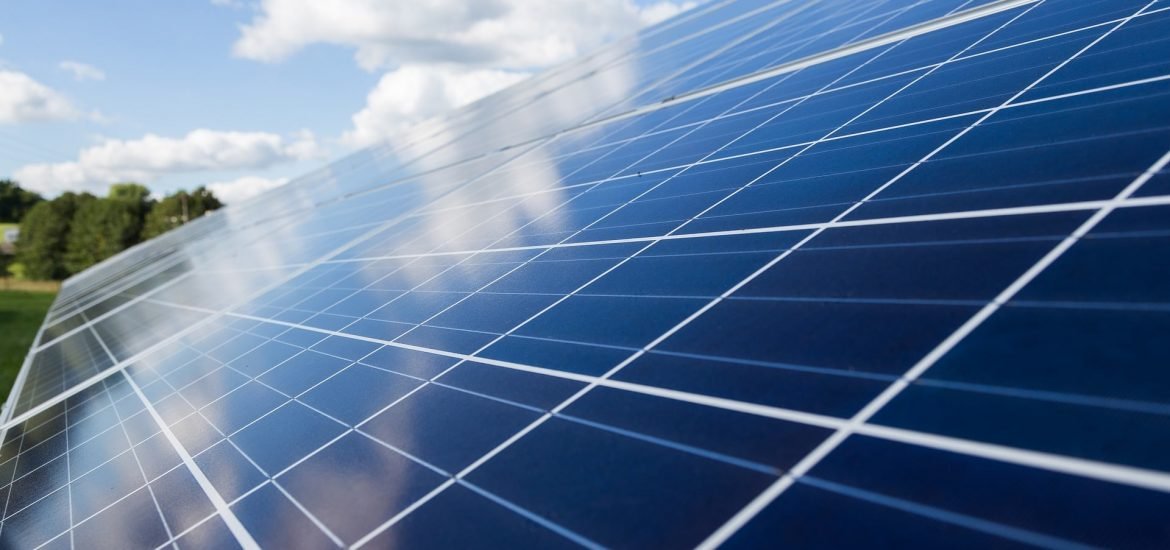
The European Union has the cost-effective potential to double the share of renewables in its energy mix by 2030, according to a new report.
Prepared by the International Renewable Energy Agency (IRENA) in co-operation with the European Commission, the REmap study states the EU could feasibly and cost effectively increase the percentage of renewables from 17% of energy consumption in 2015 to 34% in 2030.
The report was launched today in Brussels by Miguel Arias Cañete, European Commissioner for climate action and energy, and Adnan Amin, director general of IRENA. In order to meet or exceed the EU’s proposed 27% renewables target for 2030, the report identified cost-effective renewable energy options for all EU member states across a wide range of sectors and technologies.
“The cost of technology has come down tremendously in the last decade and we have seen models of investment in renewables around the world that have brought the cost of power generation from renewables lower than the cost of conventional in more and more markets,” Amin recently told Al Arabiya.
There is especially high potential in the heating and cooling sector, which accounts for around half of the EU’s energy demand. More than two-thirds of the renewable heating and cooling options identified in the report are cheaper than the conventional alternative. The analysis showed a significant potential to accelerate the deployment of heat pumps, solar water heaters, and direct use of biomass in industry and buildings.
“The REmap report confirms our own assessments that costs of renewables have come down significantly and that we need to consider these new realities in our ambition levels for the upcoming negotiations to finalise Europe’s renewable energy policies,” Cañete said at the report’s launch event in Brussels.
New investments in renewable energy in Europe peaked in 2011, but have since slowed down significantly compared to other major regions around the world. In order to reach a 34% renewable share by 2030, the EU would need to invest an estimated $73 billion per year.
The report argues, however, that this additional investment would save money in the long run. Based on estimated savings from a pure cost–benefit analysis, combined with avoided health and environmental externality costs, the accelerated deployment of renewables would result in total savings of between $52 billion and $133 billion per year by 2030.
The additional investment in renewables would also have a positive economic effect through job creation. According to the report, the renewable energy sector currently employs about 1.2 million people in Europe, a figure that would increase substantially if the renewable energy share were doubled by 2030.
Accelerating the deployment of renewables would also have wider social benefits for EU member states, according to the study. Increasing the uptake of domestic biomass production in particular could be a driver for economic development among “structurally weak regions and rural areas” in the EU. When combined with energy efficiency measures, investing in renewables also has the potential to reduce energy poverty in the EU.
The report also highlights the importance of renewables for the long-term decarbonisation of the EU energy system. According to the study, renewables and energy efficiency can meet almost 90% of the carbon dioxide reductions required by 2050 under the Paris Agreement.
Although EU-wide targets are important for declaring intent, the report notes that national-level commitments and implementation will be crucial for achieving those goals cost-effectively and on a regional level.
[…] importance of developing both advanced and conventional biofuels in the EU. The report outlined how increasing the EU’s share of renewables to 34% can improve the economy as well as help reduce emissions, and said biofuels are a crucial […]